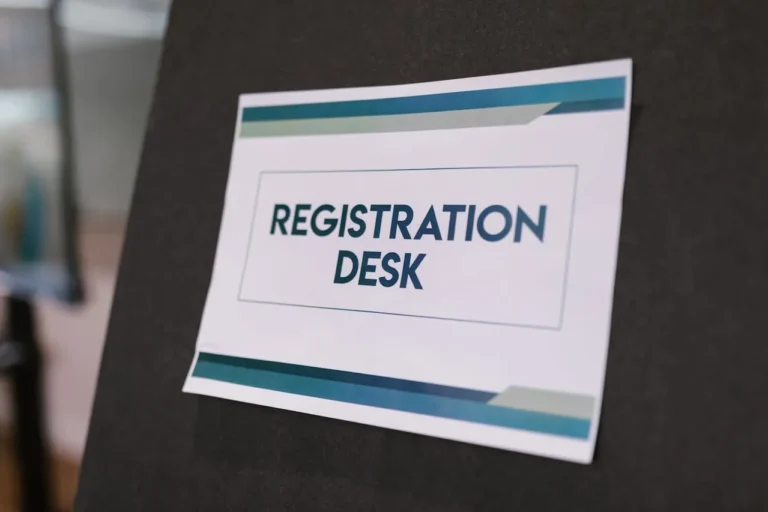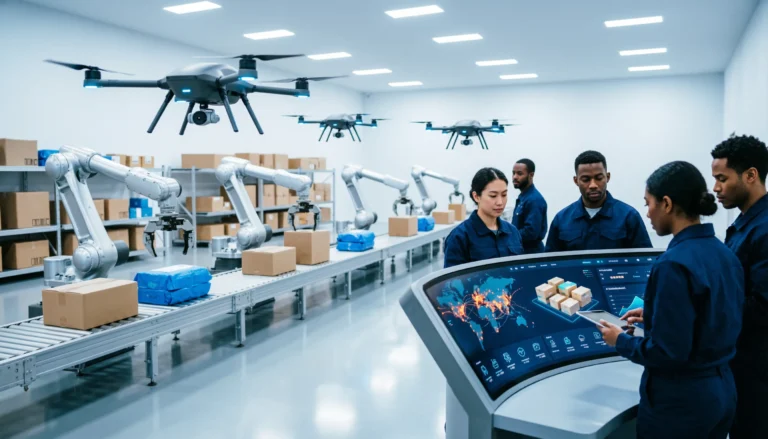
Mikhail Sterkin, PhosAgro’s Deputy CEO for Sales and Marketing, participated in the international BRICS symposium “Climate and Environment-Smart Agriculture.” The event was organized by the BRICS Business Council Working Group on Agribusiness, PhosAgro, the Diplomatic Academy of the Ministry of Foreign Affairs of the Russian Federation, and the Russian State Agrarian University – Moscow Timiryazev Agricultural Academy, with technical support from the FAO’s Liaison Office with the Russian Federation. Held via videoconference, the symposium was part of the BRICS Business Council’s events for Russia’s BRICS chairmanship year.
Speakers included Alexander Yakovenko, Rector of the Diplomatic Academy; Vladimir Trukhachev, Rector of the Russian State Agrarian University – Moscow Timiryazev Agricultural Academy and member of the Russian Academy of Sciences; Aghasi Harutyunyan, Deputy Director of the FAO Liaison Office with the Russian Federation; Mikhail Sterkin, PhosAgro’s Deputy CEO for Sales and Marketing; along with leading scientists from China, Ethiopia, India, Russia, South Africa, and Sudan.
The symposium addressed the prospects for developing cooperation in the agricultural sector among BRICS countries using advanced solutions aimed at promoting sustainable, responsible, and climate-smart agriculture. Scientists presented the latest climate- and environment-smart agricultural technologies tailored to their respective regions’ soil and climatic conditions.
Mr. Yakovenko emphasized that global food security has worsened due to geopolitical tensions, supply chain disruptions, and global warming. He advocated for BRICS countries to share their sustainable agriculture experiences to mitigate these adverse effects on food systems. “High-quality mineral fertilizers free of heavy metals, like those supplied by Russian companies, are crucial for addressing global food security issues,” said Mr. Yakovenko. He also stressed the importance of adopting best practices in climate- and environment-smart agriculture to counteract climate change.
Mr. Trukhachev highlighted the essential collaboration between science and business in creating sustainable, climate-resilient agriculture. He stated, “Amid severe food security challenges, achieving high yields of quality crops cost-effectively while minimizing environmental risks is critical. Science and business must unite to find solutions to the negative impacts of climate change. We need new agricultural technologies that reduce agriculture’s environmental footprint and increase carbon sequestration.”
Mr. Harutyunyan underscored the need for a comprehensive approach to sustainable practices that consider local conditions. He remarked, “Farmers, severely affected by climate change, play a crucial role in solving this problem. Climate-smart agricultural practices can enhance productivity and revenue.”
Mr. Sterkin noted that PhosAgro, as a BRICS Business Council member, has advocated for greater cooperation in developing agricultural technologies that enable soil carbon sequestration. He mentioned that PhosAgro is actively working on a project in this area.
“The BRICS Business Council’s Working Group on Agribusiness, with PhosAgro’s active participation for four years, has intensified cooperation during Russia’s BRICS chairmanship to ensure food security. In today’s context, climate- and environment-smart agricultural technologies are a priority. We are developing technologies that enhance soil carbon sequestration and implementing a project to establish a carbon farm to monitor and sequester greenhouse gases,” said Mr. Sterkin.
He also highlighted PhosAgro’s digital ecosystem, popular among farmers, which includes a tool for calculating mineral fertilizer doses based on crop and soil conditions, a marketplace, and the educational platform Pro Agro Lectorium, now transforming into an international educational hub with support from BRICS colleagues.




